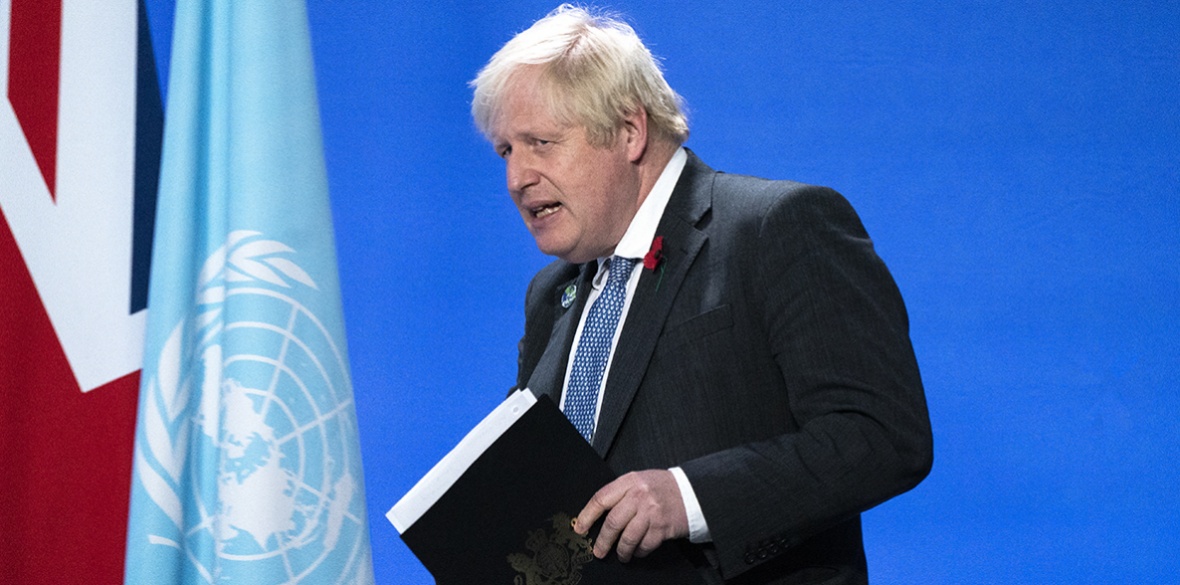This is the last article you can read this month
You can read more article this month
You can read more articles this month
Sorry your limit is up for this month
Reset on:
Please help support the Morning Star by subscribing here
CAMPAIGNERS and unions are right to call for an affordable, universal and comprehensive transport system as the only way to cut carbon emissions from travel.
The fact is that without planned, co-ordinated responses at governmental and intergovernmental level with the powers to enforce them, we will continue hurtling towards climate catastrophe while politicians continue talking.
There’s a huge difference between a planned public transport system, run in the interests of the people, providing efficient, sustainable transport accessible to all, and the current mess of fragmented overpriced, government-subsidised profit-making transport companies, unsustainable private road transport and debilitating rural isolation.
Which one is more likely to be able to respond to system-wide needs for sustainability and efficiency?
Of course, this does not only apply to reducing emissions via travel but is illustrative of the way the whole debate around climate change has been conducted.
From the “carbon trading” initiatives of the past to today’s appeals to ethical consumerism, we are constantly told that climate change — the single biggest threat facing the future of our planet and our societies — can be solved through the individualised, market economy.
It cannot — and we should dispense with such a dangerous falsehood immediately if we want a future for our children.
The anarchy of capitalist production, in which the drive to short-term profit always trumps long-term sustainability, is hardwired into our economic system.
Just like the financial crisis of 2008, or the inability of our government to respond to the pandemic, this is not (just) the product of a few greedy individuals. Those few greedy individuals do exist and they do very well out of each successive crisis, but it would be a mistake to see this as the underlying cause.
Worse than a mistake, it would be dangerous because it treats phenomena that are endemic to the system (such as economic crisis and ecological destruction) as products of individual faults, rather than symptoms of the system itself.
The fact is that, in a system built on exploitation, where capital is only productive if it is in motion, producing surplus value and thereby profit, a system which constantly needs to expand in order to avoid collapsing in on itself, greed is rewarded. The system logic punishes decisions based on long-term sustainability and rewards those who place short-term profit above the future of the planet.
If we want to tackle climate change, we need to move beyond an economic system which is not only incapable of solving the crisis, but even incapable of admitting the extent of the issue.
Another world is necessary. It is also possible. The island of Cuba, 90 miles from the world’s most powerful imperialist nation and living under six decades of economic blockade, has proved that it is possible.
Cuba was recently found to be the most sustainably developed country in the world, according to the Sustainable Development Index, created to update the UN Human Development Index by taking environmental impact into account.
In 2019, a commitment to “promote the conservation of the environment and the fight against climate change, which threatens the survival of the human species” was written into the Cuban constitution. A year earlier, Cuba launched Project Life, a long-term strategy to combat climate change and to prepare the island to withstand the early impacts of it, which are already having an effect.
Cuba provides a shining example of the difference that can be made when an entire economy is planned in the long-term interests of the people, not the short-term interests of profit.
Rather than hold that example up and allow its light to shine worldwide, US imperialism seems determined to crush it. We must not let that happen.
Many who care about tackling climate change will be at the Cuban embassy on Sunday, showing their solidarity with the most sustainably developed country in the world and promoting its example worldwide.









